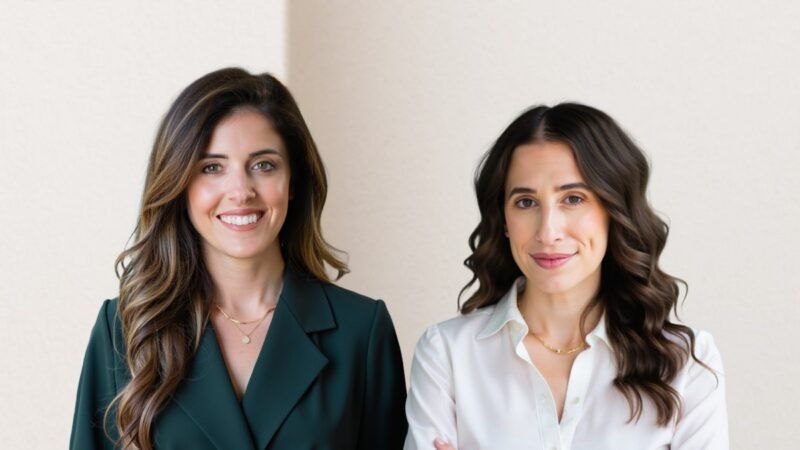Summary Points
-
Many women are considering egg freezing to preserve fertility due to career focus and delayed marriage, but high costs (up to $15,000) make it inaccessible for many in their 20s and 30s.
-
Cofertility, founded by Lauren Makler and Halle Tecco, offers no-cost egg freezing by having women donate half of their retrieved eggs to those unable to conceive, aiming to reduce financial barriers.
-
The startup has raised $7.25 million in Series A funding, bringing total funding to $16 million, highlighting strong investor interest in innovative fertility solutions.
- Cofertility’s “Split” program stands out by providing a larger pool of diverse donors, addressing the shortage of matching donors and aiming to normalize egg donation.
Empowering Women Through Innovative Solutions
In today’s world, many women are prioritizing careers and delaying marriage. Consequently, the choice to preserve fertility has gained traction. Egg freezing offers a potential solution. However, it comes with daunting costs, typically ranging from $10,000 to $15,000 per attempt. This expense often prevents women in their 20s and early 30s from accessing this crucial resource.
Cofertility aims to change that narrative. Founded by a former tech executive and a health investor, this startup proposes a radical model: women can freeze their eggs for free by donating half to those struggling to conceive. This concept addresses two pressing issues simultaneously: affordability of egg freezing and the growing need for donor eggs. With the recent $7.25 million Series A funding, Cofertility demonstrates growing belief in its vision.
A New Perspective on Egg Donation
Cofertility’s approach challenges traditional views on egg donation. It emphasizes community and shared experience. While egg sharing is not new, Cofertility stands out by offering a scalable solution. This model allows women to preserve their fertility while helping others. It presents a powerful opportunity for women who wish to explore parenthood on their terms.
Furthermore, the diversity of Cofertility’s donors enriches its offerings. With a significant percentage holding advanced degrees, intended parents find quality options without the financial burden of compensating donors. By reducing costs, the startup encourages a more open discussion about egg donation. Its mission fosters a supportive environment where women seek to empower themselves and others. As society shifts in views on family and reproductive choices, innovative solutions like Cofertility pave the way for a more inclusive future in the reproductive landscape.
Stay Ahead with the Latest Tech Trends
Learn how the Internet of Things (IoT) is transforming everyday life.
Stay inspired by the vast knowledge available on Wikipedia.
TechV1

